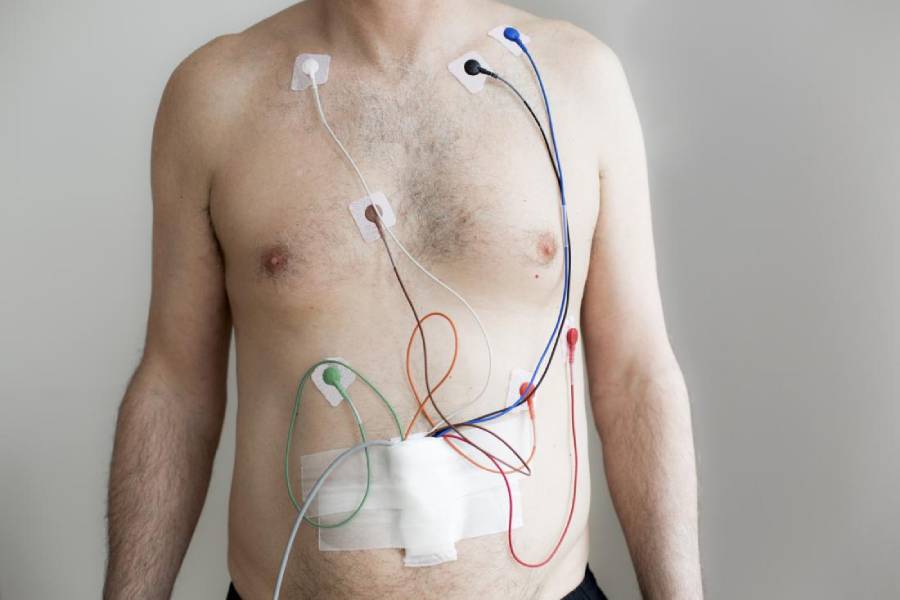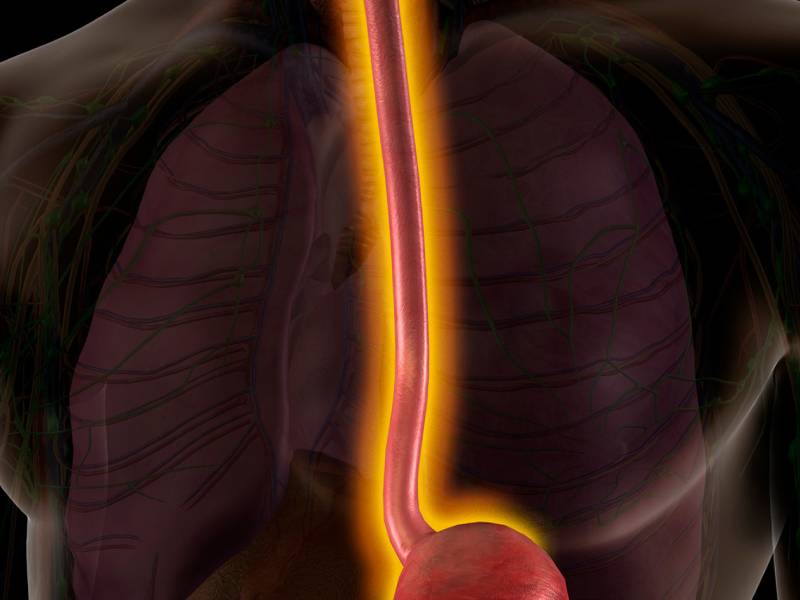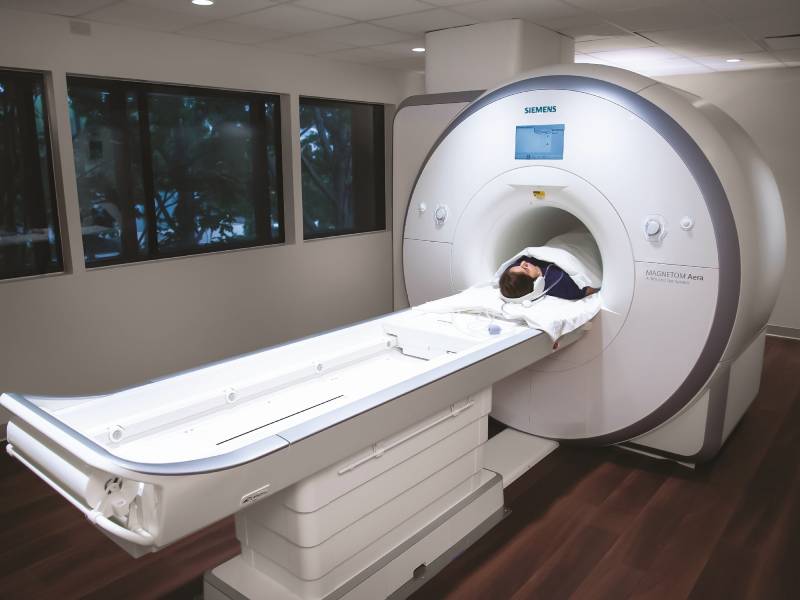Are you experiencing chest pain or any discomfort and looking for an ECG test in Wakad, Pune? Then you’re at the right place. Dr. Kartik Bhosale at Dr. Kartik Bhosale’s Cardiology Clinic provides the best ECG Test with personalized attention. ECG tests are quick, painless, and provide crucial insights into your heart’s health. At Dr. Kartik Bhosale Cardiology Clinic we used MAC 2000 Series ECG Machine for ECG test that helps the oue expert for accurate diagnosis. Dr. Kartik Bhosale is a qualified and experienced interventional cardiologist in Pune who has performed more than 5000+ ECG Procedures in the last year. He is capable of managing all types of cardiac patients, as well as emergencies like Heart attack, heart failure, arrhythmias, etc. In this Page, Dr. Kartik Bhosale explained in simple ways what is ECG? and why it these performed. If you have any questions/queries about the ECG Test, then you can consult Dr. Kartik Bhosale at his clinic in Wakad.
Let’s See more about the ECG Test

An electrocardiogram (EKG/ECG) uses temporary electrodes on your chest and limbs to monitor, track, and document your heart’s electrical activity (which controls your heartbeats) for diagnostic purposes. A computer translates the information into a wave pattern your healthcare provider can interpret. This is a quick, noninvasive test that doesn’t hurt. You can get an ECG while lying down and resting or while you’re exercising as part of a stress test. The ECG test is the ideal diagnostics tool to determine the optimal functioning of the heart by evaluating the time it takes for the electrical pulses to pass through the heart. With the help of an ECG test, Dr. Kartik Bhosale determines whether the heart’s activity is normal, fast, slow, or irregular.
Dr. Kartik Bhosale uses an ECG for:
Your provider may give you an ECG test because you have:
Preparing for an Electrocardiogram (ECG) test is relatively simple and usually doesn’t require any special measures.
Here’s how you can prepare for an ECG test:
For a resting EKG, you’ll lie flat and relax while the computer creates a picture, on graph paper, of the electrical impulses traveling through your heart. If you’re doing a stress test, you’ll be walking on a treadmill during the test. The electrodes will stay on your skin until the EKG test is done. You won’t feel anything different when the electrodes are communicating with the computer.
Your ECG results may show that you have:
The average cost of ECG in Pune is Rs. 400 to Rs 1000. At Dr. Kartik Bhosale Cardiology Clinic, We offers ECG Test at Rs 400. ECG test cost depends on factors such as the type of ECG performed, the location where you get your test, and the expertise of a cardiologist.
If you are looking for an ECG test in Pune then contact us now! For more information about our comprehensive treatment options, or to request an appointment with the best cardiologist in Pune call +918420070081 / +918420070082 or Click on Book Appointment for online booking.
Explanation of what an ECG is and its purpose in measuring the electrical activity of the heart.
Information on the procedure involved in recording an ECG, including electrode placement and duration.
Explanation of the different components of an ECG waveform, including the P wave, QRS complex, and T wave, and their significance.
Discussion of why ECGs are crucial for diagnosing heart conditions, assessing heart rate, and rhythm, and identifying abnormalities.
Discussion of why ECGs are crucial for diagnosing heart conditions, assessing heart rate, and rhythm, and identifying abnormalities.
Information about the typical duration of an ECG recording, which is usually just a few minutes.
Explanation that ECGs are generally safe, non-invasive tests with minimal risks or side effects.
Clarification that ECG results are usually interpreted by medical professionals, such as cardiologists or healthcare providers.
Discussion of the limitations of ECG in detecting certain heart conditions and the need for complementary tests in some cases.
Guidance on when ECGs might be recommended, such as during routine check-ups, before surgeries, or if experiencing cardiac symptoms.
Instructions on avoiding excessive physical activity before an ECG to ensure accurate results.
Explanation of how patients can access their ECG results through their healthcare provider.

Holter Monitoring is used to detect or determine the risk of irregular heartbeats (arrhythmias) Read More

Transesophageal echocardiogram (TEE) is a test that produces pictures of your heart. Read More

Cardiac MRI (magnetic resonance imaging) uses a powerful magnetic field, radio waves Read More
EXCELLENTTrustindex verifies that the original source of the review is Google. Very polite and helpful doctor. Listens to the issues and provides proper guidanceTrustindex verifies that the original source of the review is Google. Dr. Kartik Bhosale is an exceptional doctor! Compassionate, knowledgeable, and thorough. Explains complex medical issues clearly and takes the time to answer all questions. Truly cares about patients' well-being. Highly recommend!"Trustindex verifies that the original source of the review is Google. Dr Kartik Bhosle is best cardiologist came across in wakad area dr listens patients concerns with lots of patience best treatment.
WhatsApp us
